As a homeowner or someone in charge of cleaning tasks, you may be wondering about the water consumption of pressure washers. It’s important to understand how much water does a pressure washer use to clean surfaces?
The water usage of a pressure washer can vary depending on the model and settings, but on average, a pressure washer uses around 1.5 to 2.5 gallons (5.7 to 9.4 liters) of water per minute.
In this article, we will delve into the factors that affect water consumption in pressure washers, calculate water usage for different models, explore typical usage rates, provide tips to reduce water consumption, compare water usage with other cleaning methods, and help you choose a water-efficient pressure washer.
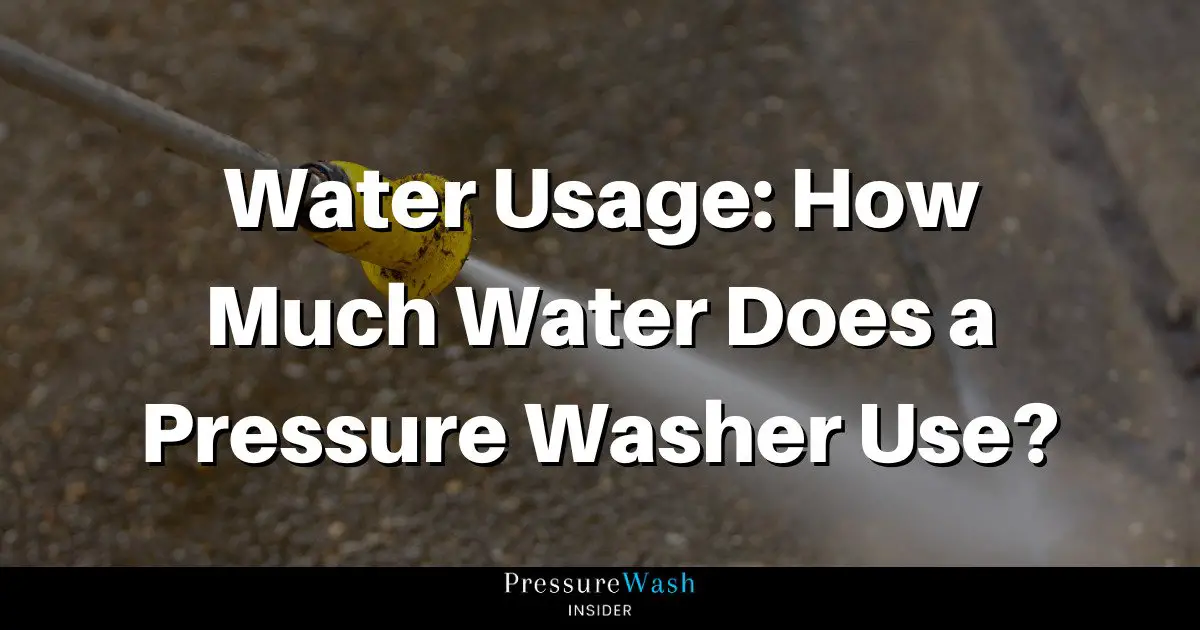
Factors That Affect Water Consumption in Pressure Washers
Several factors come into play when determining the water usage of a pressure washer. The first factor is the pressure rating of the machine. Higher pressure washers tend to use more water to generate the necessary force for cleaning.
Additionally, the nozzle size and spray pattern can affect water consumption. Nozzles with a wider spray pattern tend to cover a larger area and use more water.
The condition of the surface being cleaned is another significant factor. If the surface is heavily soiled or covered in grime, it will require more water and time to clean effectively.
Moreover, the cleaning technique employed can impact water usage. For instance, using a back-and-forth motion or holding the nozzle too close to the surface may result in excessive water usage.
Calculating Water Usage for Different Pressure Washer Models
To calculate the water usage of a pressure washer, you need to consider two main factors: the flow rate and the operating time. The flow rate, measured in gallons per minute (GPM), indicates how much water the machine consumes within a minute. The operating time depends on the size of the cleaning area and the level of dirtiness.
For example, let’s say you have a pressure washer with a flow rate of 2.5 GPM and you need to clean a moderately dirty driveway measuring 500 square feet. Assuming it takes you 30 minutes to complete the task, the water usage can be calculated as follows:
Water Usage = Flow Rate (GPM) x Operating Time (minutes)Water Usage = 2.5 GPM x 30 minutesWater Usage = 75 gallons
Typical Water Usage Rates for Pressure Washers
Pressure washers use different amounts of water depending on their specifications. Residential pressure washers use 1.5 to 2.5 gallons of water per minute on average.
Pressure washers designed for heavy-duty cleaning can use up to 5 gallons per minute. It is important to note that these rates are estimates and may vary depending on the factors mentioned previously.
Understanding typical water usage rates allows you to estimate how much water you will need for your cleaning tasks. Knowing how much water your pressure washer uses allows you to plan ahead of time and ensure you have an adequate water supply.
Tips to Reduce Water Consumption While Using a Pressure Washer
While pressure washers are effective cleaning tools, there are ways to minimize water consumption without compromising the cleanliness of surfaces. Here are some tips to help you reduce water usage when using a pressure washer:
- Adjust the pressure setting: Lowering the pressure setting on your pressure washer can help you conserve water. Start with lower pressure and gradually increase it until you achieve the desired cleaning results. Remember, excessive pressure may not necessarily result in better cleaning but can lead to wasteful water usage.
- Use the right nozzle: Choosing the correct nozzle for your cleaning task is crucial. Nozzles with a narrower spray pattern can provide concentrated cleaning power and use less water. Select a nozzle that balances cleaning efficiency and water conservation.
- Pre-treat surfaces: Pre-treating surfaces with a suitable detergent or cleaning solution can help loosen dirt and grime, reducing the need for excessive water during the cleaning process. Allow the pre-treatment to sit for a few minutes before using the pressure washer.
- Optimize cleaning techniques: Instead of using a back-and-forth motion, try using a sweeping motion when cleaning surfaces. This technique covers a wider area with each pass, reducing the overall cleaning time and water consumption.
- Capture and reuse water: Consider using a water capture system or directing the wastewater to a lawn or garden. This way, you can reduce water wastage and provide an eco-friendly solution for disposing of wastewater.
Implementing these tips can significantly reduce water consumption while still achieving excellent cleaning results with your pressure washer.
Comparing Water Usage of Different Cleaning Methods
Pressure washers are known for their efficiency and effectiveness in cleaning various surfaces. However, it is important to compare their water usage with other cleaning methods to make an informed choice. Traditional methods like using a garden hose and brush generally consume a higher amount of water due to the lack of pressure.
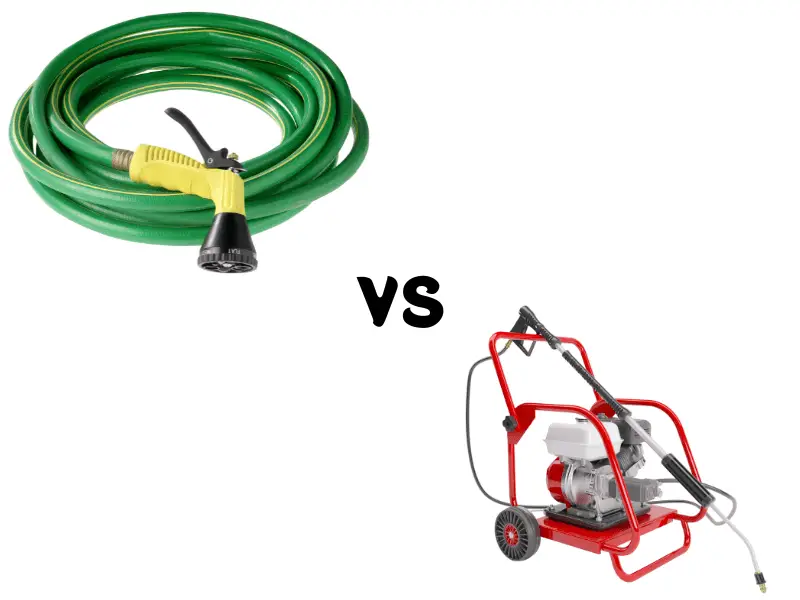
A garden hose typically uses around 5 to 10 gallons (19 to 38 liters) of water per minute, while a pressure washer consumes significantly less water, averaging about 1.5 to 2 gallons (5.7 to 7.6 liters) per minute.
On the other hand, using a pressure washer can save time and water, making it a more water-efficient option for cleaning tasks.
Here is an interesting video that shows how much water in litres is used on a garden hose and a pressure washer:
Choosing a Water-Efficient Pressure Washer
When selecting a pressure washer, it’s essential to consider its water efficiency. Look for models with adjustable pressure settings, as this allows you to tailor the pressure to the specific cleaning task and conserve water. Additionally, opt for pressure washers with efficient nozzles that can provide adequate cleaning power while minimizing water usage.
Choosing a pressure washer with a flow rate that suits your needs is vital. If you primarily handle smaller cleaning tasks, a lower GPM may be sufficient. However, for larger or more demanding jobs, a higher GPM rating can improve efficiency and reduce cleaning time.
Here are our top picks with low GPM but overall good quality pressure washers:
Conclusion
Understanding the water usage of pressure washers is crucial for effective cleaning while conserving this valuable resource. By considering factors such as pressure ratings, nozzle selection, and cleaning techniques, you can minimize water consumption without compromising cleaning results.
Remember to calculate water usage for different pressure washer models, compare water usage with other cleaning methods, and choose a water-efficient pressure washer that suits your needs. With these insights, you can make informed decisions and contribute to water conservation efforts while maintaining clean and pristine surfaces.
Make the most out of your pressure washer while conserving water. Follow these tips and choose a water-efficient pressure washer to achieve outstanding cleaning results while minimizing water consumption. Be a responsible cleaner and help preserve our precious water resources.
How Often Should You Replace the Nozzle on Your Pressure Washer?
As a proud owner of a pressure washer, you understand the importance of regular maintenance…
DIY Eco-Friendly Cleaning Solutions for Pressure Washing
In today’s world, where environmental consciousness is on the rise, finding eco-friendly alternatives to everyday…
Do Pressure Washers Really Have Spark Plugs?
Pressure washers are powerful tools that use high-pressure water to clean various surfaces. They are…
Why A Pressure Washer Only Runs On Choke?
As a seasoned pressure washer user, I have come across various issues that can be…
5 Best Pressure Washer Surface Cleaners: Keeping Your Surfaces Gleaming Clean!
Welcome to the ultimate guide on the best pressure washer surface cleaners! If you’re tired…
Can Pressure Washers Damage Pipes?
I have always been concerned about keeping my house looking clean and well-maintained. One of…


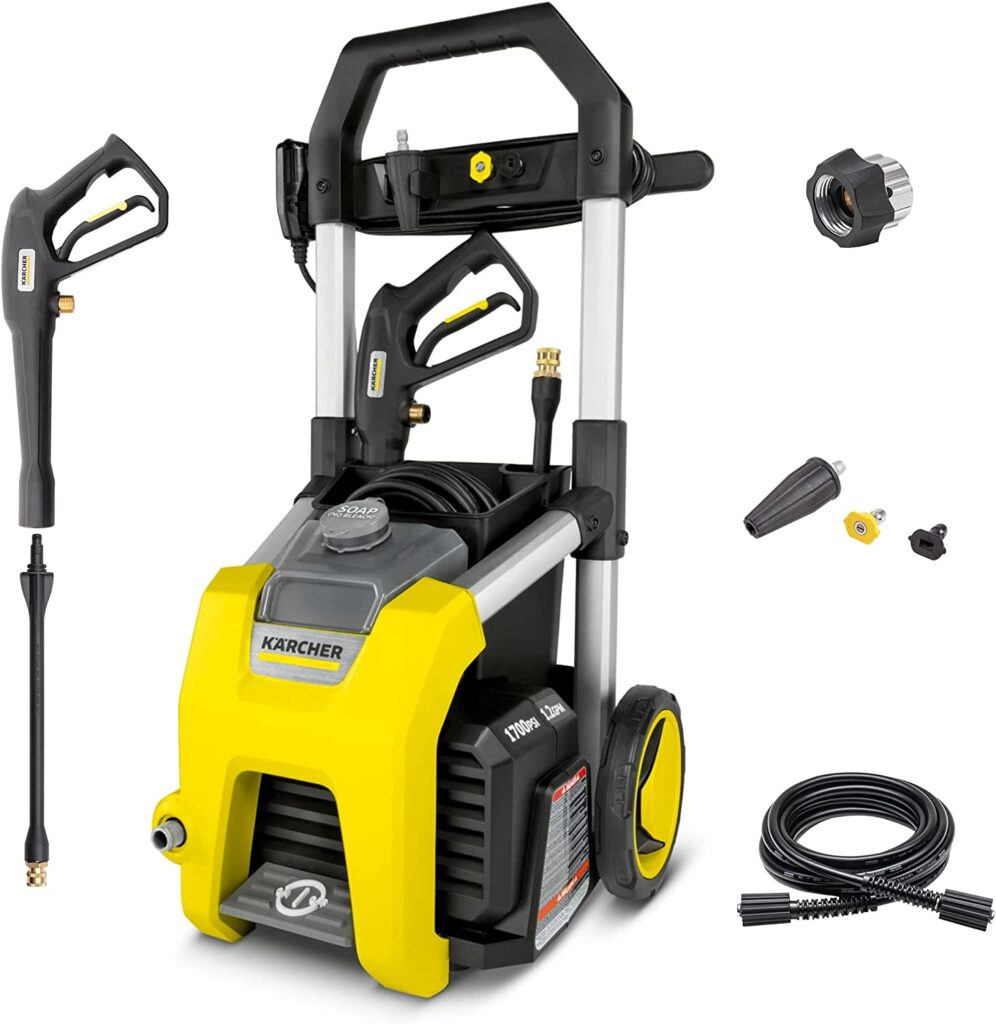
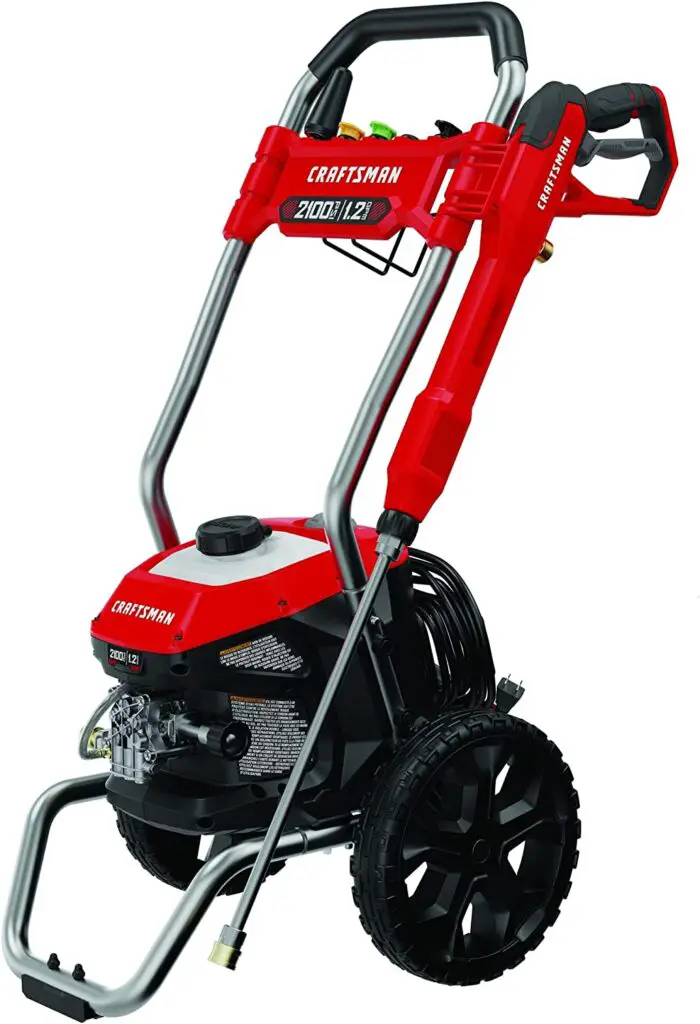
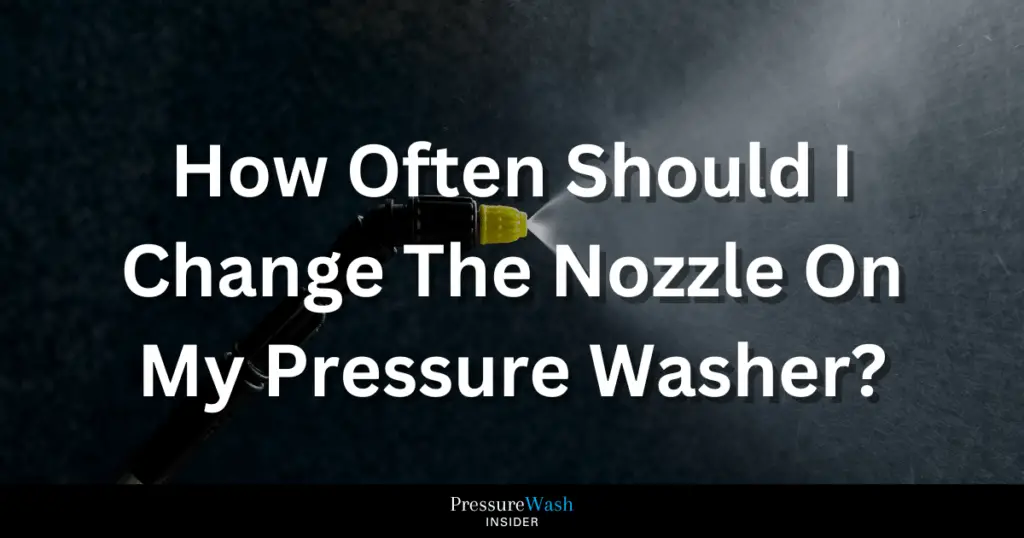
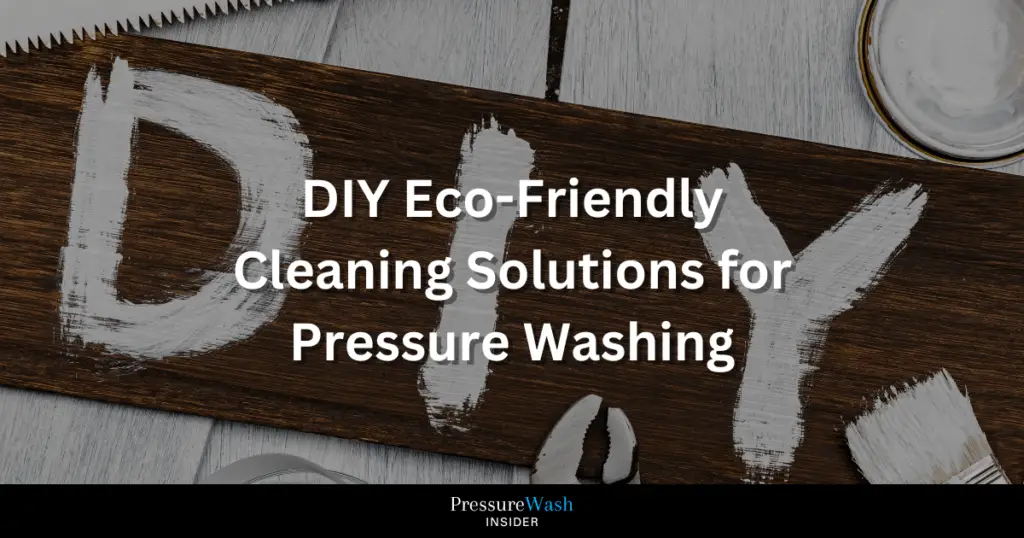
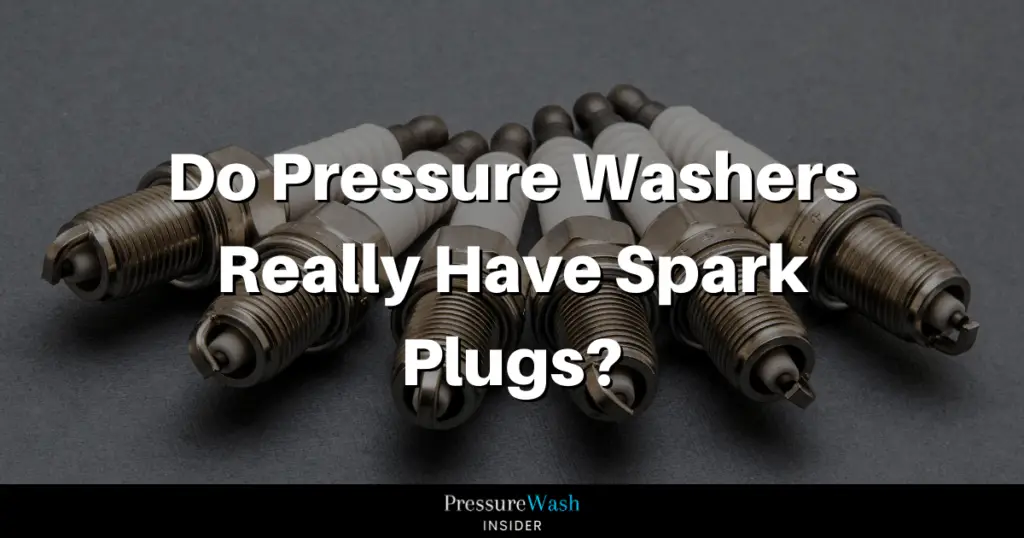
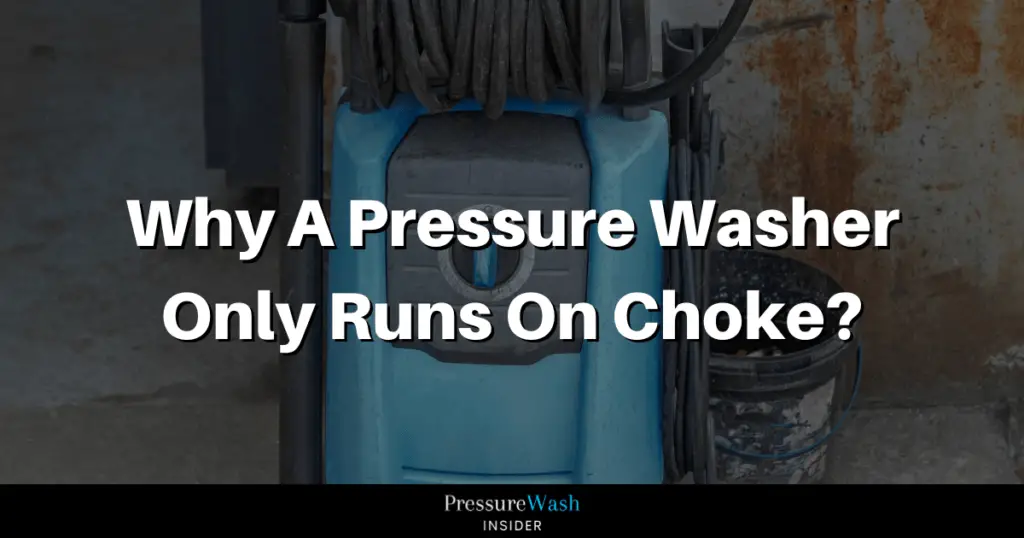
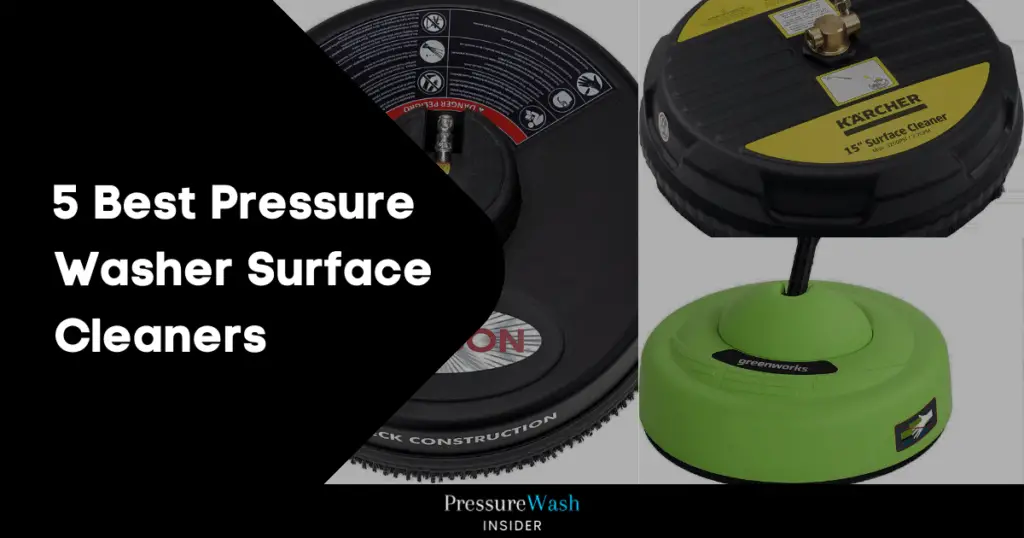
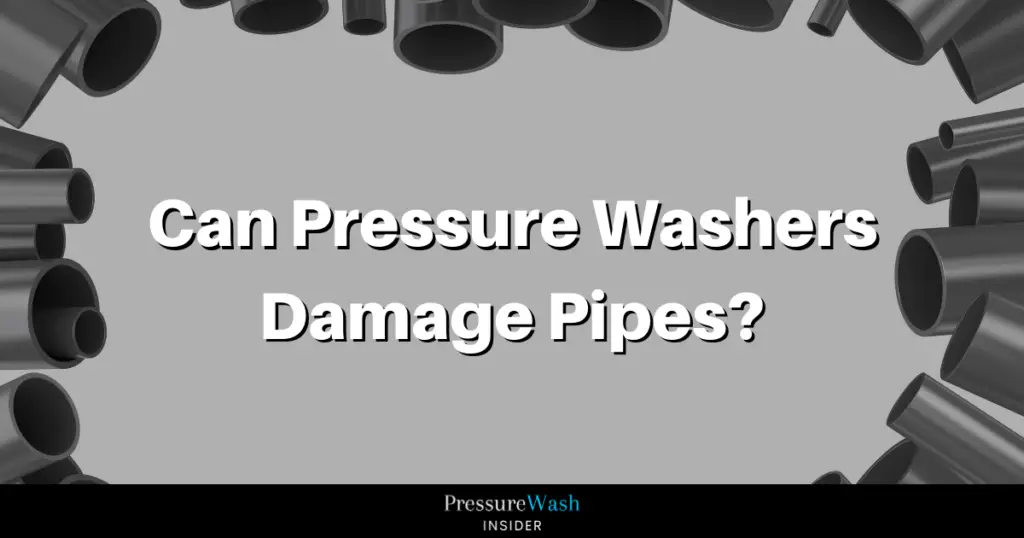
9 thoughts on “Water Usage: How Much Water Does a Pressure Washer Use?”
Greetings! Very helpful advice in this particular article! Its the little changes that produce the largest changes. Thanks a lot for sharing!
Woah! I’m really digging the template/theme of this site.
It’s simple, yet effective. A lot of times it’s very difficult to get
that “perfect balance” between superb usability and visual appearance.
I must say that you’ve done a superb job with this. In addition, the
blog loads very fast for me on Firefox. Superb
Blog!
I am truly thankful to the holder of this website who has shared this
great article at at this place.
Howdy, I think your web site could be having web browser compatibility problems.
Whenever I take a look at your blog in Safari,
it looks fine but when opening in Internet Explorer, it’s
got some overlapping issues. I merely wanted to provide you
with a quick heads up! Aside from that, wonderful site!
If some one desires expert view about blogging and
site-building afterward i suggest him/her to go to see this
web site, Keep up the nice job.
Howdy! This is my first visit to your blog! We are a group of volunteers
and starting a new initiative in a community in the same niche.
Your blog provided us useful information to work on. You have done a wonderful job!
Hello There. I found your blog using msn. That is an extremely smartly written article.
I’ll make sure to bookmark it and return to read extra of your helpful info.
Thank you for the post. I will definitely return.
Hello there, just became alert to your blog through Google, and found that it’s truly informative.
I’m going to watch out for brussels. I’ll appreciate if you continue
this in future. A lot of people will be benefited from
your writing. Cheers!
I must admit, this post is fairly good. In fact, it’s one of the best I’ve seen in quite some time.